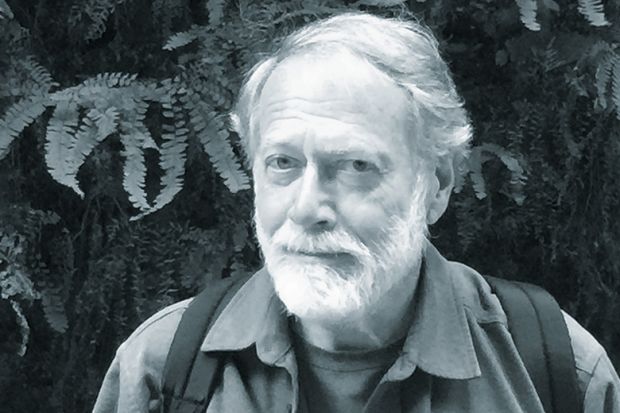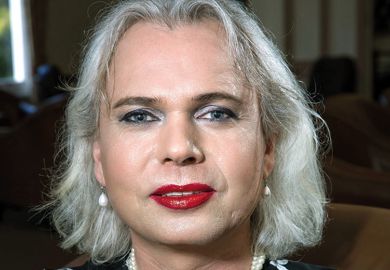What sorts of books inspired you as a child?
Marie McSwigan’s Snow Treasure, a children’s tale of Norwegian resistance to the Nazi occupation, was the first book that really grabbed me in a way that stayed with me for many years. Then, when I was about 12 or 13 I read a lot about Native Americans, and when I was just a bit older, I was enthralled by Bruce Catton’s trilogy on the Union armies in the American Civil War.
Your new book, Protestants Abroad, explores the impact of missionaries on the US and the world beyond. Which books first piqued your interest in this topic?
Pearl S. Buck’s The Good Earth, John Hersey’s Hiroshima and Buell Gallagher’s Color and Conscience. Reading these books led me to remember the missionaries on furlough whom I had met as a child in Idaho and Washington. Those remarkable men and women, carriers of cultural commodities from China and India and other distant lands, were the true giants of my parents’ world. I decided to try to understand why that was, and the consequences of the missionary presence in American life.
Which books offer good general accounts, both sympathetic and critical, of the historical role of religion in the US?
There are very few such books. One is Molly Worthen’s Apostles of Reason: The Crisis of Authority in American Evangelicalism. Another is Kevin Kruse’s One Nation under God: How Corporate America Invented Christian America. The field has too long been ignored by serious scholars. As a result, until recently, the field has been skewed by religious apologetics.
What books by the key figures you explore would you recommend as still offering valuable insights for us today?
China Hand, by John Paton Davies, Jr., is the most compelling and revealing of the memoirs written by missionary children. Davies was a diplomat purged during the McCarthy Era for his accurate but politically unwelcome reporting about China. His picture is on the dust jacket of Protestants Abroad, standing next to Mao Zedong. The Call, John Hersey’s epic novel covering the entire missionary saga from its innocent beginnings through to its devastating decline, is the finest piece of fiction about missionaries ever written in the English language.
What is the last book you gave as a gift, and to whom?
The HarperCollins Study Bible, to my colleague and friend Carol J. Clover, who shares my sense of the Bible’s importance for understanding modern American culture.
Which books do you have on your desk waiting to be read?
First, the published version of a great work I read in a much longer draft, Yuri Slezkine’s historical meditation on the Bolshevik project, The House of Government. Second, Daniel Sharfstein’s Thunder in the Mountains, a history of the Nez Perce war of 1877.
David A. Hollinger is Preston Hotchkis professor of American history emeritus at the University of California, Berkeley and the author of Protestants Abroad: How Missionaries Tried to Change the World but Changed America (Princeton University Press).
POSTSCRIPT:
Print headline: Shelf life
Register to continue
Why register?
- Registration is free and only takes a moment
- Once registered, you can read 3 articles a month
- Sign up for our newsletter
Subscribe
Or subscribe for unlimited access to:
- Unlimited access to news, views, insights & reviews
- Digital editions
- Digital access to THE’s university and college rankings analysis
Already registered or a current subscriber? Login



